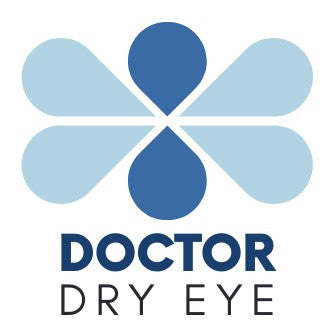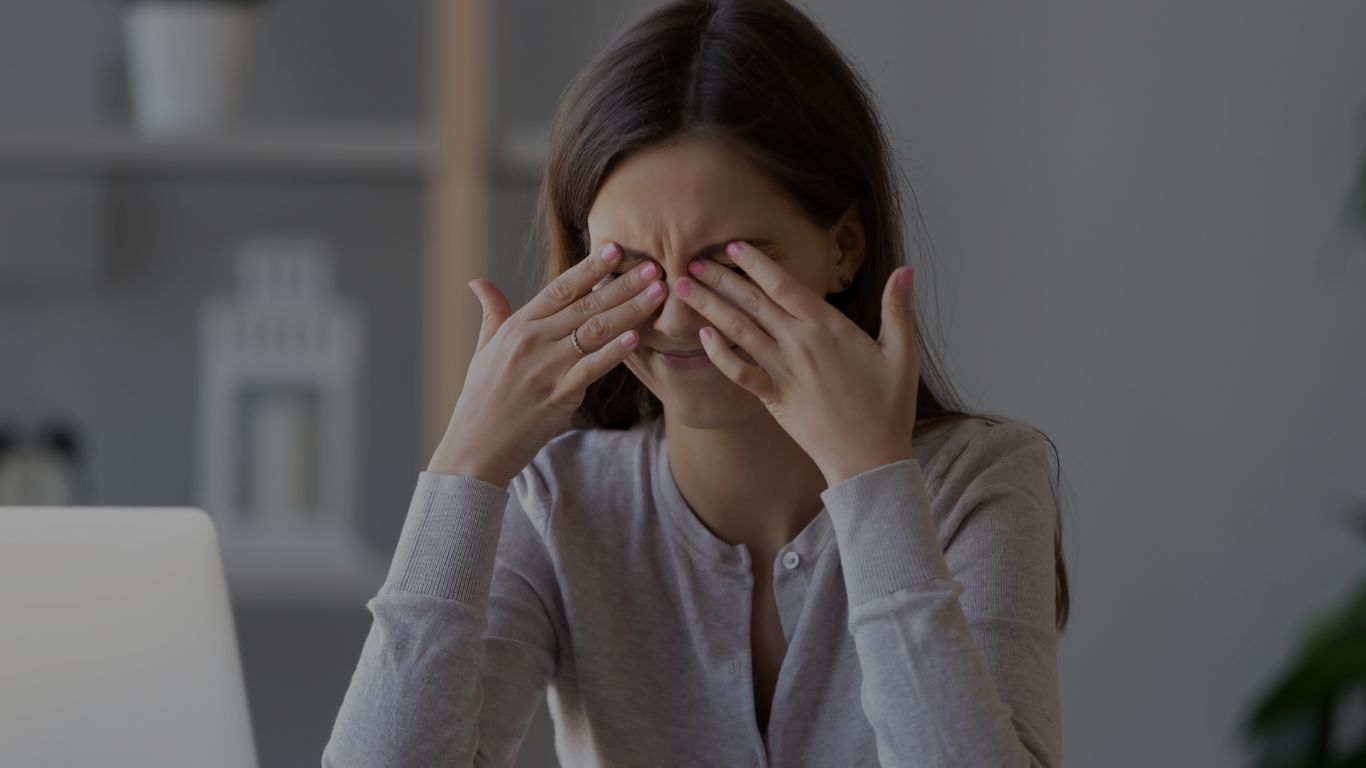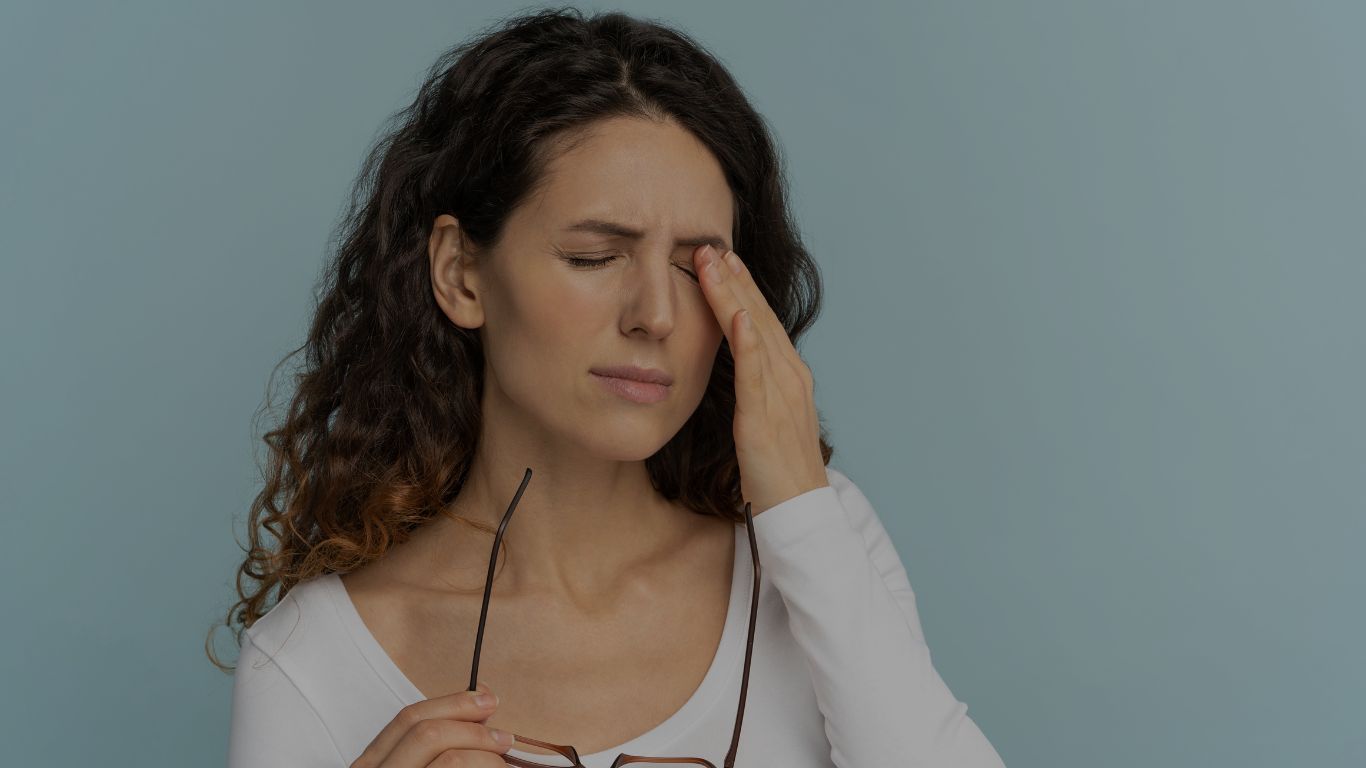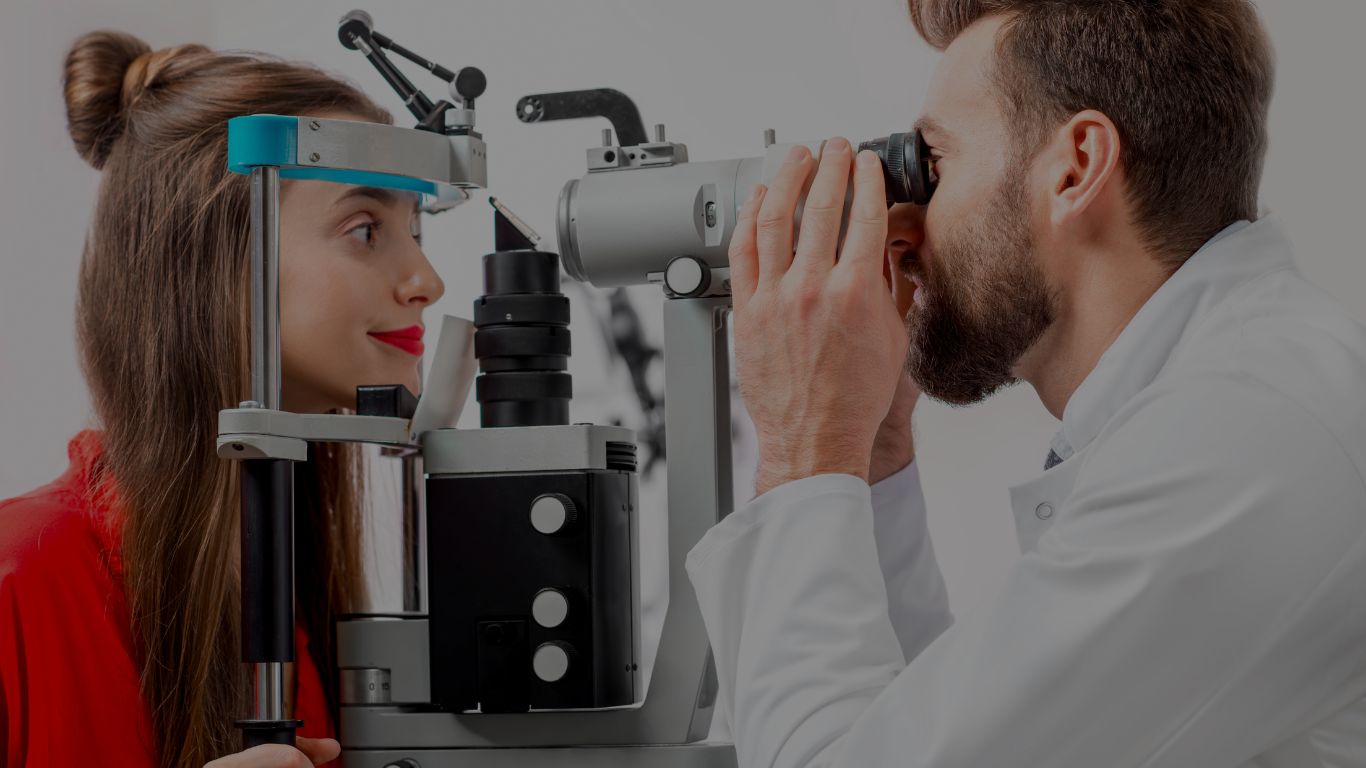Introduction
Dry eyes are a common complaint among many people, particularly when they first wake up in the morning. Dry eyes can be uncomfortable and can even affect your vision, making it difficult to start your day on the right foot.
In this article, we will take a closer look at the causes of dry eyes when you first wake up and provide tips and advice on how to manage this condition.
What Causes Dry Eyes When You Wake Up?
Dry eyes when you wake up can be caused by a variety of factors, including aging, medical conditions, medications, environmental factors, and sleeping position.
There are many causes of dry eyes, such as aging, smoking, certain medical conditions, and medications.
However, there are particular reasons why some patients may have worse symptoms in the morning when they wake up.
In this section let’s discuss some of the common things that may cause worse dryness in the morning upon waking.
Blepharitis
Blepharitis is when the oil glands around the eyelids get clogged. Overnight the thickened secretions from the dysfunctional glands can build up resulting in a sticky or crusty buildup called a "biofilm".
This biofilm blocks good oils from entering the tear film and can result in morning dry eyes.
Artificial tears, warm compresses, and eyelid hygiene are key treatments for blepharitis.
Lagophthalmos
Lagophthalmos is a condition in which a person is unable to fully close their eyelids while sleeping.
This can cause the tear film to evaporate more quickly, leading to dry eyes when you wake up in the morning.
Additionally, if you have lagophthalmos, your tear film may not spread evenly over the surface of your eyes while you sleep, leaving certain areas more susceptible to dryness and irritation. This can result in dry, itchy, or painful eyes in the morning, and can even lead to long-term corneal damage if left untreated.
Lagophthalmos can be caused by a variety of factors, including nerve damage, facial nerve paralysis, or muscle weakness.
To treat this condition, your doctor may recommend using artificial tears or eye ointments, or surgical options to close or lower the upper eyelid. Taping the eyelid closed at night can be a good option for some patients. Discuss if any of these are options with your doctor.
CPAP
CPAP (Continuous Positive Airway Pressure) machines for sleep apnea can cause dry eyes. CPAP machines deliver pressurized air through a mask to help keep the airway open while you sleep. However, the air from the CPAP machine can cause the eyes to become dry, especially if the mask is not properly fitted or if the air pressure is too high.
This dryness can lead to symptoms such as dry, itchy, or red eyes, and can even progress to more serious conditions like corneal damage or infections if left untreated.
To minimize the risk of dry eyes from CPAP use, it is important to use a well-fitting mask, and to regularly use artificial tears or eye lubricants to keep your eyes lubricated.
If you are experiencing dry eyes from CPAP use, it is important to speak with your doctor, who can help determine the underlying cause and recommend an appropriate treatment plan.
Ceiling fans
Ceiling fans are a common way to stay cool at night. However, these currents of air are often aimed right at the face and eyes. This air flow can result in evaporation of the tear film and drying out of the eyes.
Of course, other types of fans, heaters, and air conditioners can also result in this.
Remember to aim these devices away from the eyes. If you are outside or unable to direct this airflow away from your eyes, wearing sunglasses or eye protection is another good way to prevent dryness.
How To Prevent Dry Eyes Upon Waking?
It’s typically easier to prevent dry eyes than to manage it after it’s become a problem.
Avoid risk factors such as prolonged screen time, environmental conditions, and certain medications that can be triggers.
Take steps to maintain a healthy tear film and protect your eyes from dry air. This can include using a humidifier in your home, taking breaks during screen time to blink and rest your eyes, wearing wraparound sunglasses when outside to protect your eyes from wind, and using artificial tears or lubricating eye drops.
Additionally, you should avoid activities that increase evaporation of your tears, such as staring at a screen for an extended period of time or smoking. Drinking plenty of water and eating a diet rich in omega-3 fatty acids can also help to keep your eyes lubricated.
By incorporating these simple steps into your daily routine, you can help to prevent dry eyes and maintain the health of your eyes.
How Can You Treat Dry Eyes In The Morning?
There are several steps you can take to help treat and soothe dry eyes in the morning.
For many patients, starting the day with a drop of artificial tears can get the day started right.
Next, warm compresses can help open the oil glands to release necessary oils into your tear film. This can be done while showering if that’s part of your morning routine. The warm compress does not need to be wet.
Lastly, eyelid hygiene, such as eyelid scrubs, can clear crusting or build-up or biofilm that’s occurred overnight. There are over-the-counter products that can be used for this. Alternatively, baby shampoo with water can be used. The eyelid margin by the eyelashes is the area to be cleaned. The cleaning solution is not meant to get in the eye, however, when cleaning that close to the eye it’s possible it make get in. That’s why it’s important to use a cleanser that is non-toxic to the eye.
Summary
Dry eyes can be a common problem upon waking in the morning. We hope you learned some of the common causes of dry eyes upon waking, and learned some tips on how to prevent this bothersome problem.




